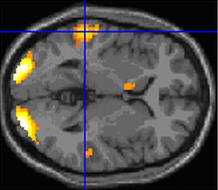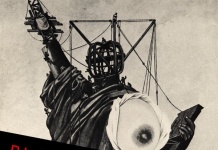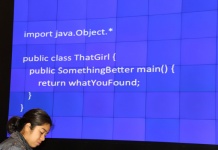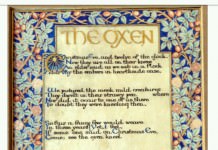Claims by generations of poets, critics and readers that poetry shares the power of music to directly affect our emotions and feelings have been given some substance by researchers at the UK’s University of Exeter, as reported by the University itself and retweeted by the UK Poetry Society. Using functional magnetic resonance imaging (fMRI), Professor Adam Zeman, a cognitive neurologist from the University of Exeter Medical School, led a cross-disciplinary team with Psychology and English faculty members to examine which parts of the brain are triggered when readers read poetry and prose. And they found that the areas of the brain which light up when poetry is read are those associated with emotional responses to music.
 The team’s findings revealed more. According to the report, rereading a favorite passage of poetry involved memory centers far more than reading ones, indicating that the text in these cases serves just as a prompt for recollection. And poetry activates areas associated with introspection and reflection far more than prose.
The team’s findings revealed more. According to the report, rereading a favorite passage of poetry involved memory centers far more than reading ones, indicating that the text in these cases serves just as a prompt for recollection. And poetry activates areas associated with introspection and reflection far more than prose.
This indicates a lot about the function and value of the metrical, prosodic elements of poetry. It also suggests that poets who abandon verse forms that have music of at least some kind in them, whether strict or free, are relinquishing one of the most effective ways to directly impact the human mind.
““Some people say it is impossible to reconcile science and art, but new brain imaging technology means we are now seeing a growing body of evidence about how the brain responds to the experience of art,” said Professor Zeman. But his work also gives specific, scientific proof – if proof were needed – that poetry is different, special, and can produce effects that no other form of writing can.

































” Music resembles poetry in each are nameless graces
which no methods teach and which a master hand alone can reach”
Alexander Pope ( 1688-1744)